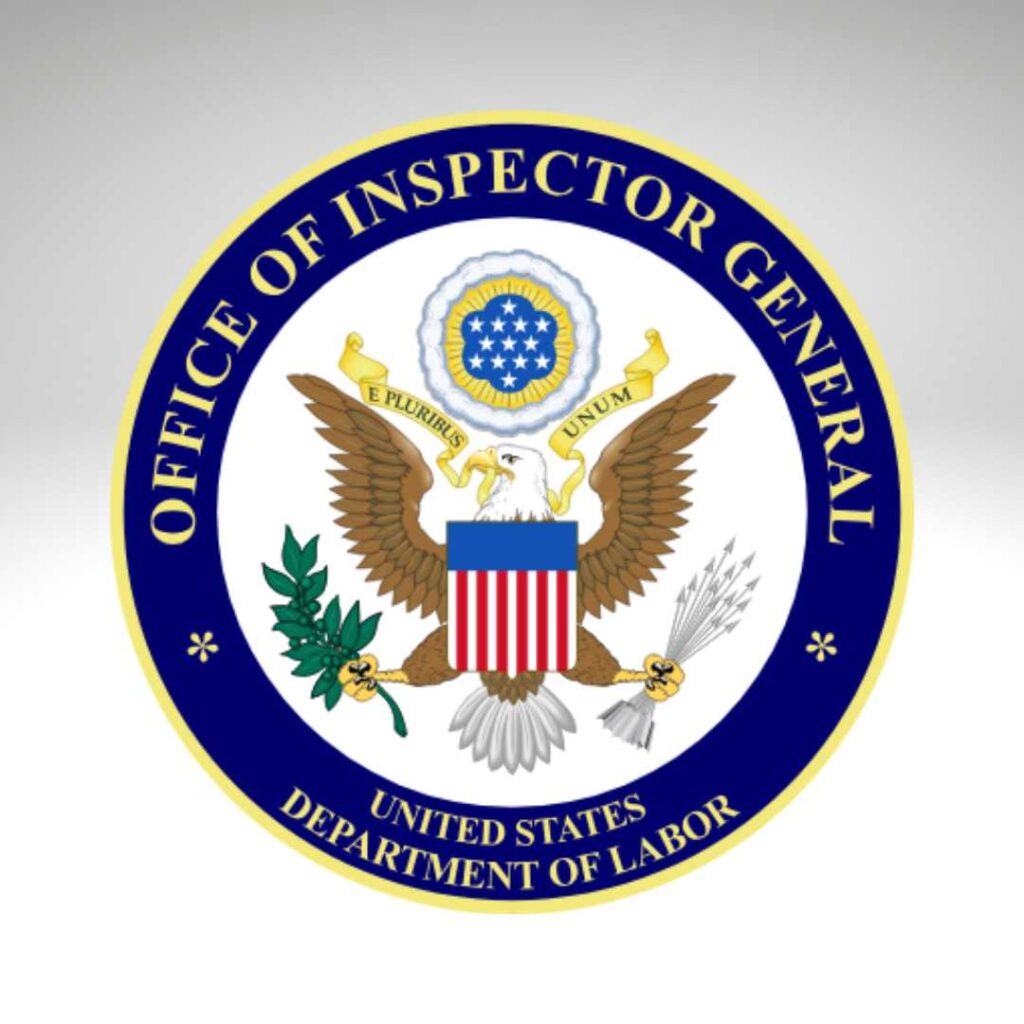After being blocked by a banking institution, about $520 million in suspected fraudulent unemployment insurance payments received during the COVID-19 outbreak were returned to the state of Maryland, according to the U.S. Department of Labor’s Office of Inspector General.
The Office of Inspector General, the Employment and Training Administration, and the Maryland Department of Labor worked together to recover the money, which will be split between Maryland and the federal government.
Today, the Office of Inspector General of the U.S. Department of Labor revealed that it had successfully recovered over $520 million in alleged fraudulent unemployment insurance payments made during the COVID-19 outbreak.
Following a coordinated recovery effort by the department’s Office of Inspector General, the Employment and Training Administration, and Maryland’s Labor Department, these funds—which had been frozen by a financial institution—have now been released to the state of Maryland.
Secretary Lori Chavez-DeRemer stated that the Department of Labor is actively eliminating waste, fraud, and abuse from taxpayer-funded unemployment insurance programs under President Trump’s direction and making sure that these benefits are being used to support American workers. Hardworking Americans, who trust the federal government to be a careful steward of their tax funds, had yet another victory with the recovery of hundreds of millions in illegal payments. I applaud the Maryland Department of Labor, ETA, and our Office of Inspector General for their unwavering efforts to bring wrongdoers accountable.
The Employment and Training Administration and the Maryland Department of Labor’s Office of Inspector General worked together to support and facilitate efforts to return approximately $520 million in suspected fraudulent unemployment insurance payments made to the state of Maryland during the COVID-19 pandemic, as a result of an agreement signed by the department and a financial institution. The U.S. government and Maryland will split the funds according to how the benefits were financed.
By establishing three new unemployment insurance programs—Federal Pandemic Unemployment Compensation, Pandemic Emergency Unemployment Compensation, and Pandemic Unemployment Assistance—the CARES Act of 2020 gave American families much-needed respite during the COVID-19 pandemic. Both domestic and foreign criminal groups extensively targeted these programs, using a variety of identity fraud techniques to apply for and obtain unemployment insurance benefits. Banks were frequently able to identify attempts at unemployment insurance fraud and halt payments.
Acting Deputy Inspector General Michael C. Mikulka stated that the continued cooperation between the Maryland Department of Labor, the Employment and Training Administration, and the U.S. Department of Labor’s Office of Inspector General made this return of monies feasible. Unfortunately, criminal actors using stolen identities to file fraudulent claims illegally siphoned a sizable portion of pandemic UI benefits meant to assist American workers affected by the COVID-19 pandemic. The Office of Inspector General is pleased to have contributed to the money’s eventual return to the U.S. Treasury and the state of Maryland. Our dedication to safeguarding the integrity of the U.S. Department of Labor’s programs and making sure that vital resources get to the people who need them the most has not changed.
States have just received guidelines from ETA on how to properly process these overpayments and refund the money to the federal and state governments. States are encouraged to keep recouping erroneous and fraudulent payments made through these unemployment insurance programs with the help of this guidelines.
Contact the DOL-OIG Hotline at (800) 347-3756 or www.oig.dol.gov/hotlinecontact.htm if you believe there has been misconduct regarding DOL programs or operations.












